
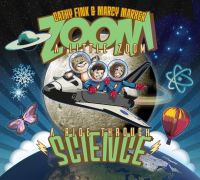
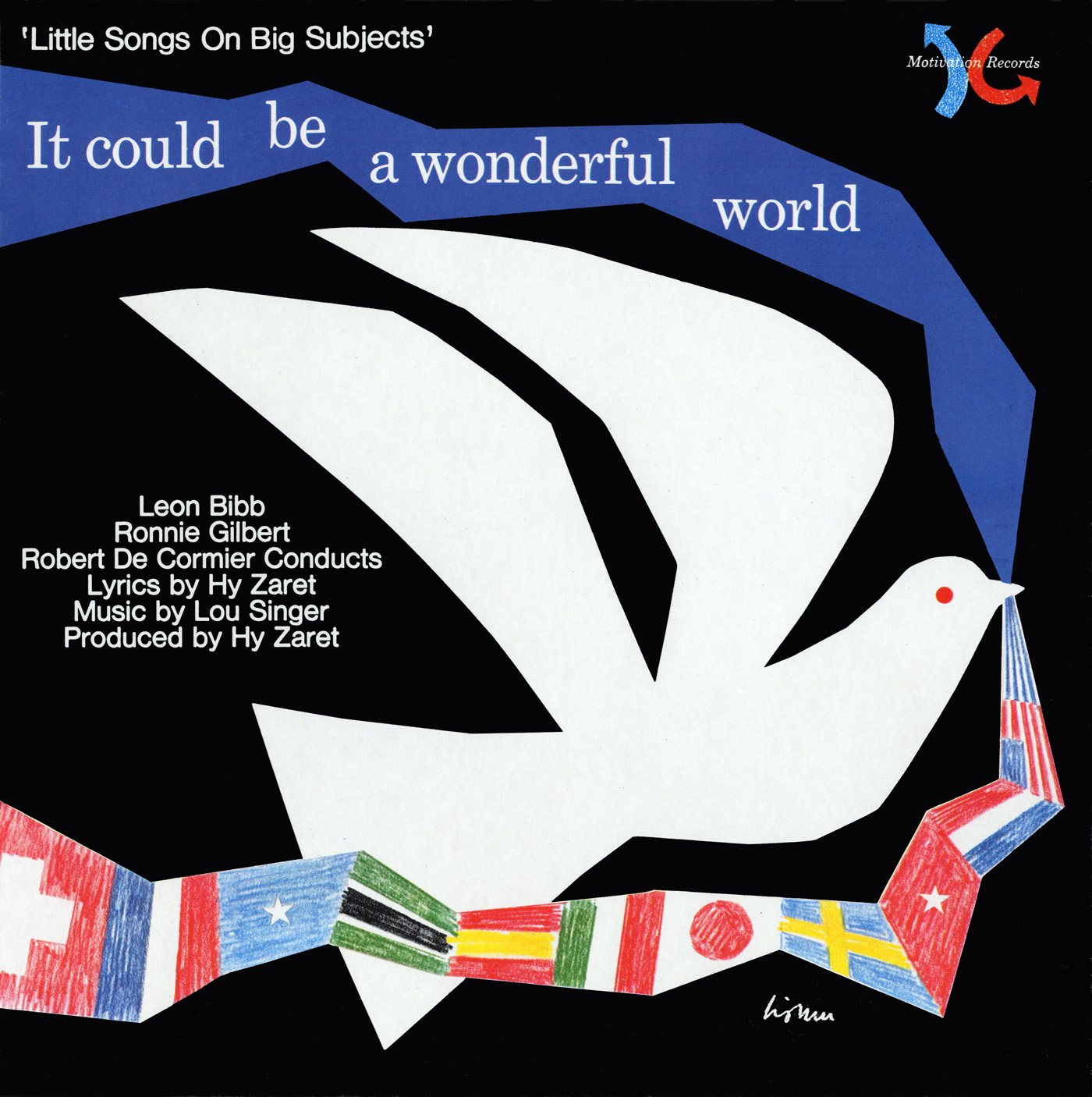
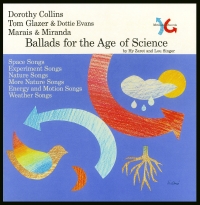
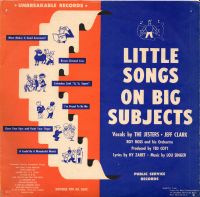

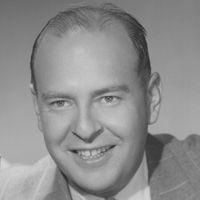
Charles Louis Singer was born on 26 February 1912 in The Bronx (New York City). He was later known as Louis C. Singer. His brother Al was a TV producer, and one of the original creators of “Name That Tune.” His brother David owned the advertising agency David Singer Associates.
Mr. Singer taught himself piano and was a child prodigy. His first musical love was jazz, which he called “the true expression of twentieth century America.” He said his early compositions “Slipping through My Fingers” (written in 1935, and not the song written by ABBA), “Orientale Nocturne” (with Leon Carr in 1938), and “Counterpoint a la Mode“ (with Leon Carr in 1939 Listen), were “musical expressions written in the medium of his own period.” He studied music theory, harmony, and counterpoint at Julliard School of Music.
While at Julliard, Mr. Singer met Rosalie Robin, sister of Leo Robin. They married and had two daughters, Frances and Barbara. His daughters provided most of this biography.
Mr. Singer’s first job was with W. C. Handy. He then worked as an arranger in the Duke Ellington office, where he helped write “Lost in Meditation” (with Irving Mills, Duke Ellington, and Juan Tizol) in 1938, recorded by Duke Ellington and Ella Fitzgerald Listen; and "Gypsy Without a Song" (with Irving Gordon, Duke Ellington, and Juan Tizol) in 1938, recorded by McCoy Tyner Listen. He used the money he earned to further his musical education.
During the 1940s, Mr. Singer worked extensively in radio, including the show “Flow Gently Sweet Rhythm” (with John Kirby and Maxine Sullivan). He wrote “If I Had a Ribbon Bow” (with Hughie Prince), recorded by Fairport Convention Listen. In 1947, he was named to the New York Times Honor Roll for Radio, and the Radio and Television Critics Circle. He also earned the Billboard and Variety Awards for contribution to radio.
During the 1940s, he also worked as staff arranger for Lou Levy (Leeds Music). This work inspired changes in his musical style and new collaborations. He wrote “Keep Smilin’ Keep Laughin’ Be Happy,” recorded by Jimmy Lunceford & His Orchestra and Doris Day Listen; wrote “Sleepy Serenade” (with Mort Greene), recorded by The Andrews Sisters Listen; wrote “I Will be Home Again” (with Raymond Leveen and Bennie Benjamin), recorded by the Golden Gate Quartet and later recorded by Elvis Presley for the album Elvis is Back! Listen, which was released in April 1960 (a month after Elvis returned from the army); wrote “Bugler’s Dilemma”, recorded by John Kirby and his orchestra Listen); and wrote “Tic Tac Toe”, recorded by Hugo Winterhalter & His Orchestra Listen).
Mr. Singer collaborated for many years with Hy Zaret. "Song of the Army Nurse Corps" was formally adopted as the official anthem of the Army Nurse Corps during World War II Listen. Their first hit was "One Meatball". In 1944, the Andrews Sisters had a hit recording, Josh White's recording sold a million copies, Josh White featured it at Cafe Society Uptown and Jimmy Savo featured it at Cafe Society Downtown. Josh White and his son (Josh White Jr.) recorded it for Armed Services Radio. Dave Van Ronk has also recorded it Listen. Zaret and Singer also wrote "Young and Warm and Wonderful" (recorded by Gene Pitney, Tony Bennett Listen, James Darren, and Eddie Adams Jr.) , "Atom and Evil" (recorded by the Golden Gate Quartet) Listen, "Listen to the Green Grass Growing", "I Spoke to Jefferson at Guadalcanal", "Israel's Freedom Ballad", "My Lily and My Rose", "The Lass with the Delicate Air" (recorded by Josh White Listen, and a variation on an old English song by Michael Arne), and hundreds of Little Songs, including Ballads for the Age of Science and It Could be a Wonderful World.
Mr. Singer collaborated with Paul Glass on a series of books about the history of folk music, which included arrangements for voice and piano plus guitar chords. These include Singing Soldiers: A History of the Civil War in Song; Songs of the Sea; Songs of Town and City Folk; Songs of the West; Songs of Hill and Mountain Folk; Songs of Forest and River Folk; and The Spirit of the Sixties. These books were published by Grosset and Dunlap.
In the 1950s Mr. Singer wrote "Am I a Toy or a Treasure" (with Arthur Altman and Irving Taylor), made famous by a recording by Kay Starr Listen. He wrote the piano arrangement for “Kismet". He composed the theme song and background scores for the cartoon series Big World of Little Adam and Gigantor; both series were produced by his brother, Al.
Lou and Al were working on a third television series (“Ringo”), when Lou died suddenly on 28 December 1966.
Music Sales Corporation
1247 6th Street
Santa Monica, CA 90401
Kevin.McGee At MusicSales.com